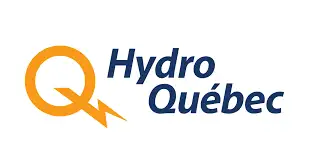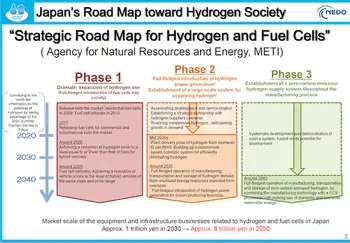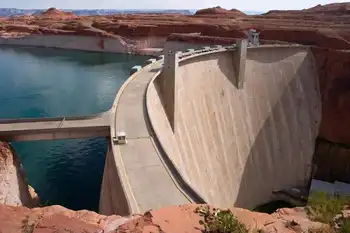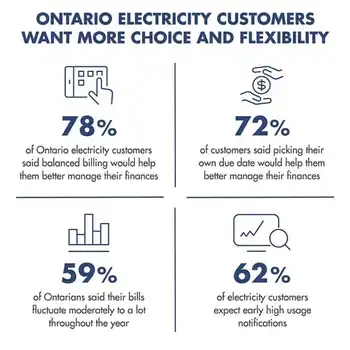HARARE -- - Zimbabwe is set to privatise the cash-strapped Zimbabwe Electricity Supply Authority (ZESA) after President Robert Mugabe signed a new electricity law, the state-owned Herald newspaper has reported.
It said the Electricity Act seeks to establish ZESA Holdings, which will retain shares for the government and operate three subsidiaries dealing with generation, transmission and distribution. Officials were unavailable to comment on the report. The move could pave the way for South African state-owned power utility Eskom -- which is owed millions of rand by ZESA -- to buy the Zimbabwean utility's power stations. Eskom's management has already expressed interest in the power stations, as part of debt settlement. ZESA is struggling to pay for electricity imports because of an acute shortage of foreign currency as Zimbabwe battles the economic and political crisis triggered by the government's controversial land reform programme. Zimbabwe imports about 40 percent of its electricity requirements from Eskom, Mozambique's HCB, and state-owned power suppliers in Zambia and Democratic Republic of Congo. Zimbabwe's main Hwange Power Station is operating below capacity due to a lack of spare parts resulting from the country's acute shortage of foreign currency. Eskom engineers have been in charge of the Hwange Power Station for over a year.
Officials were unavailable to comment on the report.
The move could pave the way for South African state-owned power utility Eskom -- which is owed millions of rand by ZESA -- to buy the Zimbabwean utility's power stations.
Eskom's management has already expressed interest in the power stations, as part of debt settlement. ZESA is struggling to pay for electricity imports because of an acute shortage of foreign currency as Zimbabwe battles the economic and political crisis triggered by the government's controversial land reform programme.
Zimbabwe imports about 40 percent of its electricity requirements from Eskom, Mozambique's HCB, and state-owned power suppliers in Zambia and Democratic Republic of Congo.
Zimbabwe's main Hwange Power Station is operating below capacity due to a lack of spare parts resulting from the country's acute shortage of foreign currency. Eskom engineers have been in charge of the Hwange Power Station for over a year.
Related News

Clean, affordable electricity should be an issue in the Ontario election
TORONTO - Ontario electricity demand is forecast to soon outstrip supply, a problem that needs attention in the upcoming provincial election.
Forecasters say Ontario will need to double its power supply by 2050 as industries ramp up demand for low-emission power and consumers switch to electric vehicles and space heating. But while the Ford government has made a flurry of recent energy announcements, including a hydrogen project at Niagara Falls and an interprovincial agreement on small nuclear reactors, it has not laid out how it intends to bulk up the province’s power supply.
“Ontario is entering a period of widening electricity shortfalls,”…




